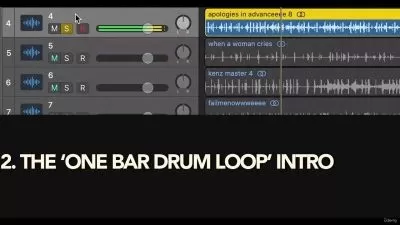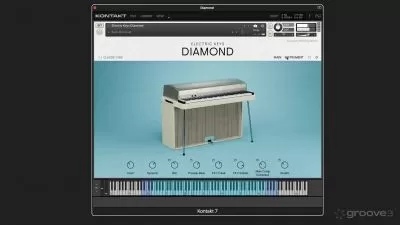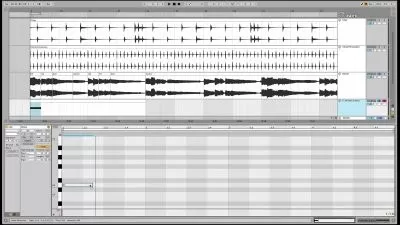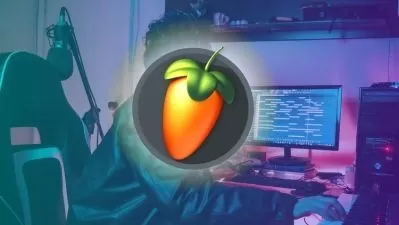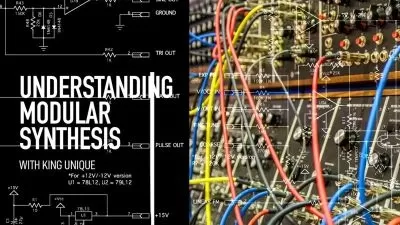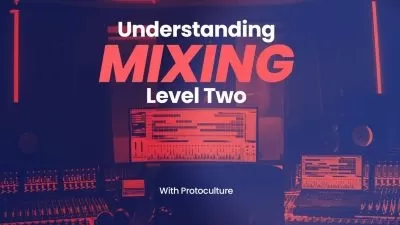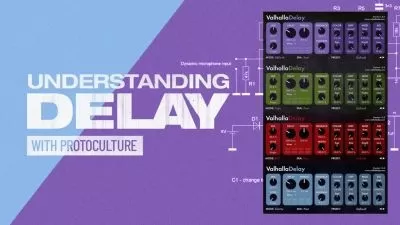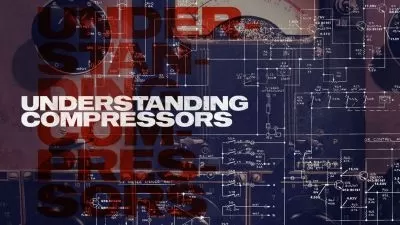About Music CompositionLearn More
Composing music requires a feel for rhythm, melody, tone, texture, and musical form. These elements can be woven together in an endless variety of musical genres and forms, and that’s what music composition is all about.
Sort by:
Sorting
The newest
Most visited
Course time
Subtitle
Filtering
Books
Frequently asked questions about Music Composition
Music composition is the process of taking the core of a song — its melody, chords, and/or rhythm — and translating it to a finalized, performable state. In more simple terms, it's the method of writing a new piece of music. Musicians typically treat music composition as an additional skill set to songwriting, as they usually apply compositions to music written out in formal notation and for several different parts. This music can be of any type, including classical, jazz, popular music, musical theater, and more. A composer writes melodies, harmonies, and rhythmic parts fine-tuned for different instruments and/or vocalists. Composing music for an orchestra, for instance, requires an understanding of the ranges, abilities, strengths, and weaknesses of all the different instruments in an orchestra.
Compositional techniques are musical tools that composers and arrangers use to bring their music to life. These techniques give the music a certain effect and can influence the listener in profound ways. One common musical technique is theme variation. In this technique, the composer takes main melodic and/or rhythmic themes and varies them to take the listener on a journey. This allows the theme to evolve and convey a range of different moods — a major melody can turn minor, a loud melody can turn soft, and so on. Another example is a pedal note, in which a (typically low) droning note holds while other musical ideas continue to move and change. Udemy's music composition courses are a great place to start learning new techniques.
While music composition refers to the act of creating a piece of music from scratch, music production traditionally referred to the act of turning that piece of music into a compelling recording. However, today’s music producers often fill both roles, creating their own music from scratch and seeing it through to completion. Writing aside, the production aspect involves taking various parts of a song and doing whatever it takes to turn them into a high-quality final product. If the songwriter only has a melody, for example, it could be up to the producer to write other parts like basslines, drum beats, synthesizer parts, guitars, and more. If the producer takes on a more fully-formed project, they may have to make decisions about parts that are or aren’t working well, as well as suggest changes or additions.





